|
What a time we are living in. If you are like me, you are trying to keep updated on the status of the coronavirus and its impact on us. It is also important for us to be cognizant of what information is credible.
Enter news literacy. News literacy is “the ability to determine what is credible and what is not, to identify different types of information, and to use the standards of authoritative, fact-based journalism as an aspirational measure in deciding what to trust, what to share and what to act on.” (News Literacy Project) Now is an opportunity for us to teach ourselves and our students about news literacy because information matters. Truth matters. Keep reading to find out more about news literacy and to discover some teaching strategies and lessons you can use with your students.
0 Comments
All of us continue to look for ways to increase reading and writing in our 1:1 classrooms — specifically, the use of non-fiction, informational texts. To that end, we thought you’d be interested to learn that many newspapers offer free educational subscriptions.
In 2009, District 117 checked out 69 different textbook titles to students. This year, only nine years later, we checked out 27 titles. That’s 42 fewer titles. Evidently, teachers and students alike are turning to digital sources for their curriculum development and information/research needs. We want to remind you to keep databases in mind.
Lakes and Antioch high schools are proud to subscribe to 18 databases covering a range of topics and issues. Is that enough? You tell us. Guest post by Antioch Public Library Assistant Director/Adult Services Librarian Amy Blue.
Teachers! Check out all the Antioch District Library has to offer. Staff members Lorenzo Gomez, Barb Mason, and Kellie Piekutowski attended NewsLitCamp at the Daily Herald on April 18. Here are some of their takeaways.
When I first heard about BiblioBoard, I thought, “Well. That’s a fun word to say.”
What an understatement. Barb and I recently dug into the open source program with our rep from RAILS (Reaching Across Illinois Library System) and learned it is a powerful resource for our teachers. BiblioBoard is a free digital library containing ebooks, media, and collections for an assortment of categories, including science, literary criticism, technology and engineering, political science, mathematics, business and economics, and cooking — something for all of the students and teachers in District 117. Admit it. As much as we want students to use databases for a majority of their research needs, many students will still choose to search via Google. Now, instead of students having to choose, Gale’s Opposing Viewpoints in Context database offers the ability to search database content alongside Google search results.
Better searches. Best results. That’s how Scholastic Go! plans to bring in the new year when it debuts its new interface on January 15. Scholastic Go! has a fresh design with a greater focus on searching and a more streamlined and intuitive user experience.
Guest post by Antioch Public Library Assistant Director/Adult Services Librarian Amy Blue.
As Antioch community members, you have access to a wealth of resources through the Antioch Public Library District. While the library provides physical materials such as books and DVDs, they also have extensive online research tools and downloadable content that can be accessed 24/7. Usually, Kellie and I use the blog forum to share new ideas about technology integration, reading promotions, and research tips. Yet, sometimes information from last year is so good that it is worth re-posting with updated information.
We know that teachers are looking for ways to include more reading activities into their curriculum. What better way to look for articles than to use the state database trial that’s going on now? |
AuthorsBarbara Mason AboutThe ILC blog keeps Antioch students and staff up to date with news and events related to reading, research, technology, and more.
Categories
All
Archives
January 2024
Ideas?Contact me at [email protected] with topic suggestions or to contribute your own post to the ILC blog.
|
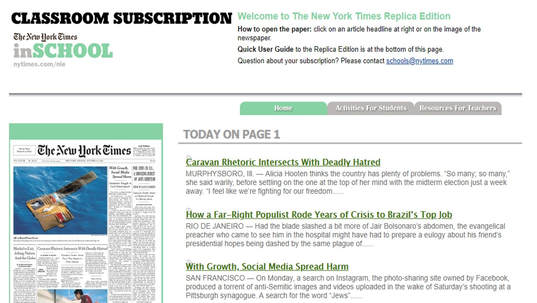
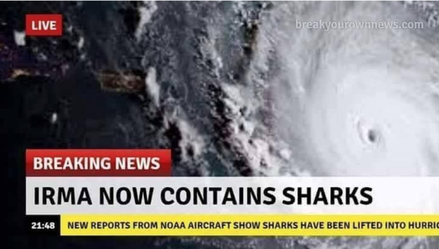
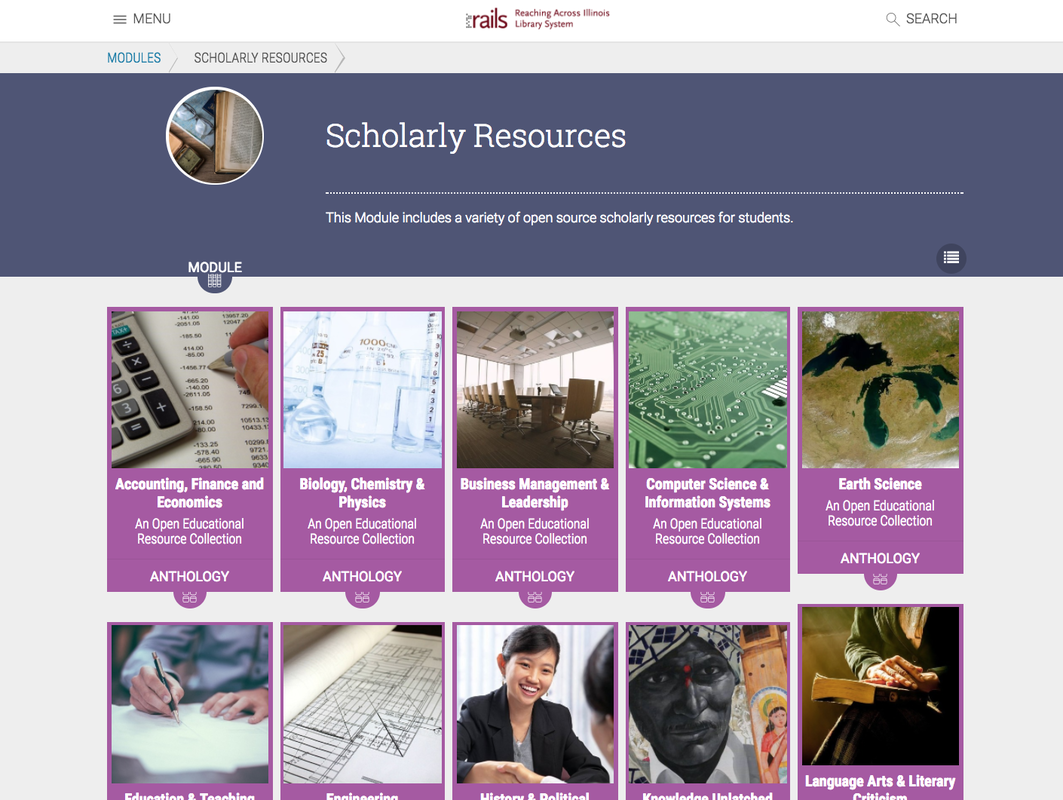
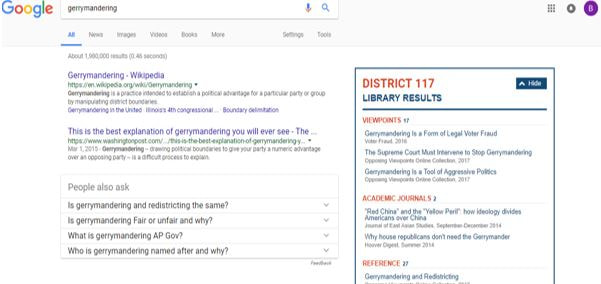
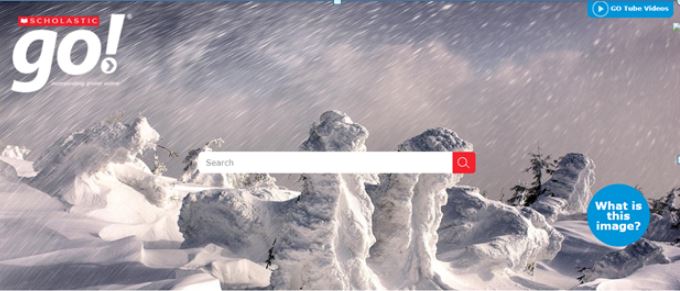
 RSS Feed
RSS Feed
